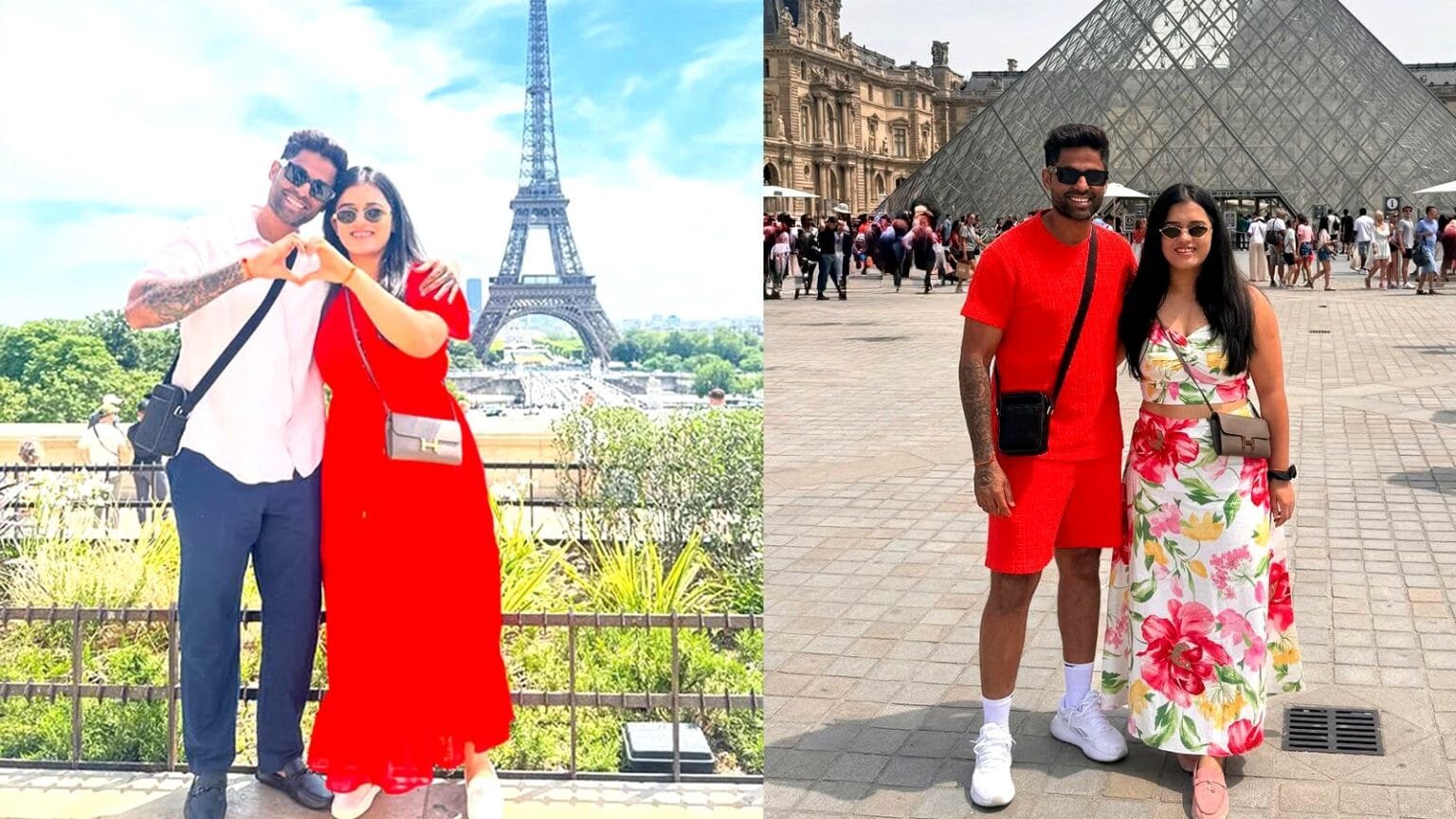For centuries, Japan has captivated the world, not only due to its culture and technology, but also the longevity of its peoples. With some of the highest life expectancies in the world, which is particularly true when looking at areas like Okinawa, a “Blue Zone”, many have turned to Japanese traditions to help them live well.
So what does staying young and healthy mean? There is no one secret. Instead, there is a set of awareness and practices that are meaningful and simple. Traditional and modern perspectives all have a consistent understanding of, and importance placed on, purpose, moderation, connection, and harmony with nature. These characteristics act as a guide for a more balanced and healthy life.
Here are nine potent Japanese practices that support physical health, resilience, and more meaningful longevity.
Ikigai – A Reason for Living
Meaning: The sense of purpose or reason that makes getting out of bed worthwhile.
Benefit: Promotes mental and emotional wellness, keeping us motivated and fulfilled as we age..
How to put into practice: Contemplate what you love, what you are good at, what the world needs, and what you can be paid for. Finding your ikigai is the intersection of passion and meaning.
Hara Hachi Bu – Eat Until You Are 80% Full
Origin: Okinawan philosophy.
Benefits: Prevents overeating, assists with maintaining weight and improves metabolic health.
How to put into practice: Eat slowly and mindfully. Stop when you feel about 80% full; not stuffed. This small habit can make a big difference in your digestion and longevity.
Shinrin-yoku – Forest Bathing
Meaning: Mindful immersion in nature, especially in wooded areas.
Benefits: Lowers cortisol (stress hormone), enhances immune function, improves mood.
How to put into practice: Spend quiet time in nature, free of devices. Walk slowly through a wooded area or park; focus on your senses and breathe deeply; don’t go to nature with a goal, just to be there.
Nintai – Patience
What It Means: Steady, quiet perseverance, particularly in relation to struggle.
What It Helps: Develops mental toughness and buffers the negative effects of stress on health.
How to Practice It: Accept struggles as they come and practice staying mindful through the adversities. Journaling, meditation and breathwork are excellent tools for training nintai.
Kintsugi – Repairing with Gold
Philosophy: Accepting flaws, cracks and emotional wounds are part of one’s narrative.
What It Helps: Cultivating self-compassion, emotional healing and resilience.
How to Practice It: Consider the flaws in your story have been signs of growth. Consider past struggles as beautiful and life-changing instead of shameful.
Washoku – Traditional Japanese Diet
Includes: rice, fish, seaweed, vegetables eating fermented foods, and drinking green tea.
Benefit: Low in processed sugar and saturated fat and, high in fiber, antioxidant and healthy fats – good for the gut and heart.
How to practice: Eat seasonal and locally sourced, not fast or convenience foods, and focus on whole food and mindful and balanced portions.
Rajio Taiso – Radio Calisthenics
Meaning: Short morning radio or TV exercise routine.
Benefit: Increases flexibility, balance and circulation, particularly for the elderly.
How to practice: Join a community to do this activity, or follow some simple routines at home. A few minutes of stretching and light movement in the morning might be all you need to get started with your day.
Osoji – Big Year-end Cleaning
Meaning: Deep physical, and mental/spiritual cleaning done before the New Year.
Benefit: Removal of heavy and cluttered mental clutter and emotional release, with a slight sense of renewal.
How to practice: Regularly identify things to declutter and clean out from your space. Remove unused items and old personal mental-garbage and make space for new things, lightness and clarity.
Yuimaru – Community Support
Background: Okinawan cultural tradition of mutual aid.
Benefit: Social connection lessens stress, lowers the risk of depression, and supports longevity into our 70s, 80s, and beyond.
How to: Maintain connections to our family, friends, and neighbors as much as possible. Participate in community events, check-up on friends and family, and offer to help others as these small actions foster a robust support system.
Japanese wellness traditions inform us that a long, healthy life is not only about our diet or exercise, but is a reflection of our purpose, connections with others, mindfulness, and balance. By incorporating just a few of these practices into your own lifestyle, you may not only be able to extend your years—but also enhance them with deeper meaning and joy.













